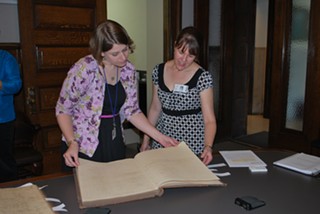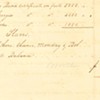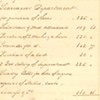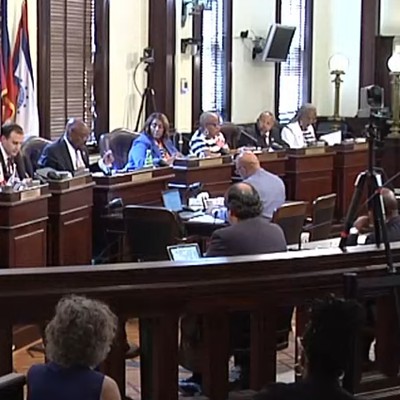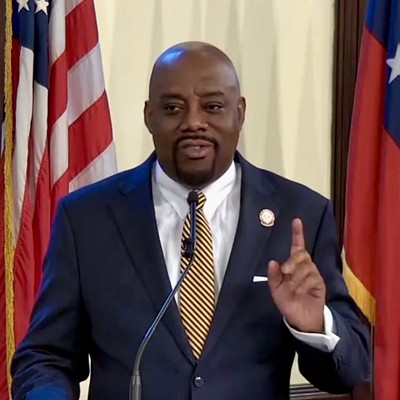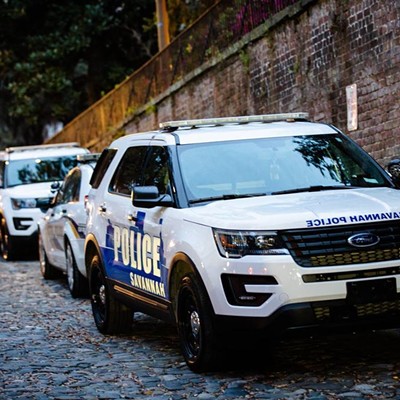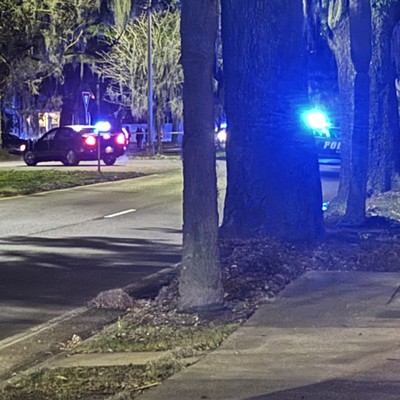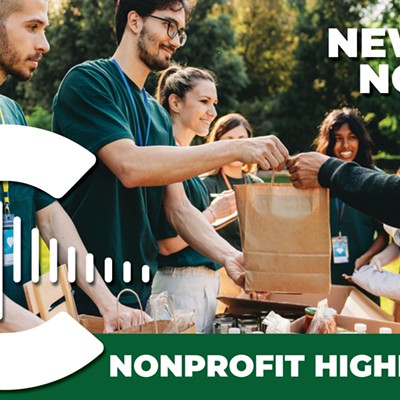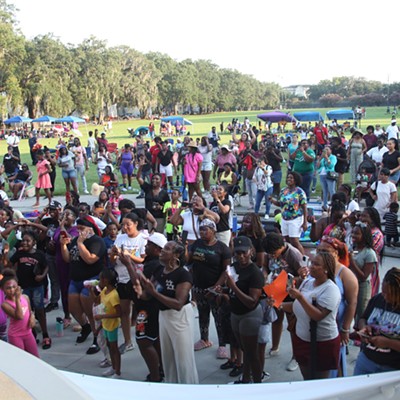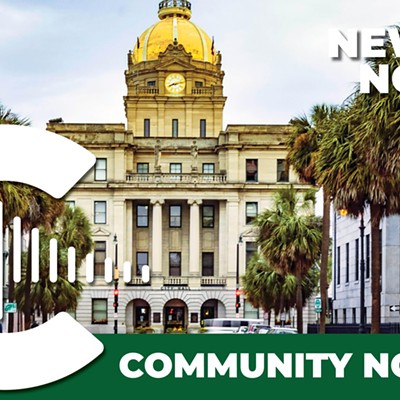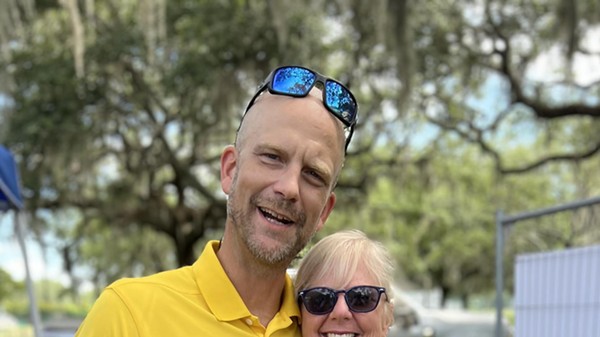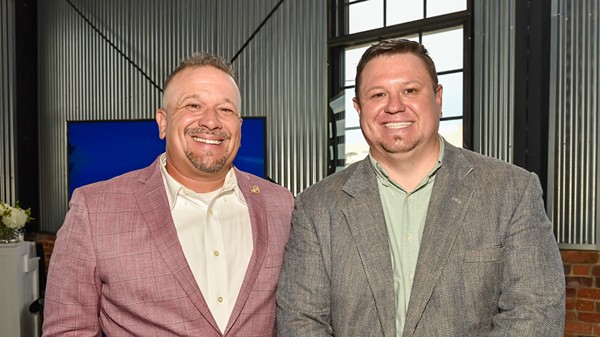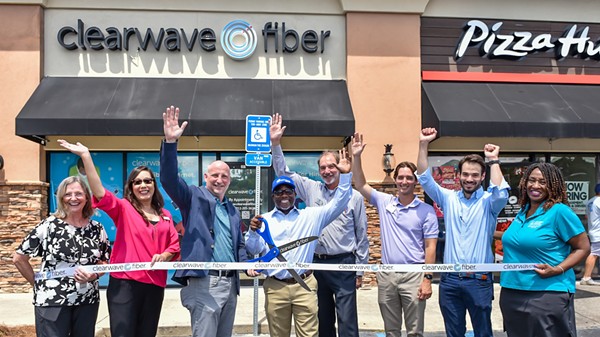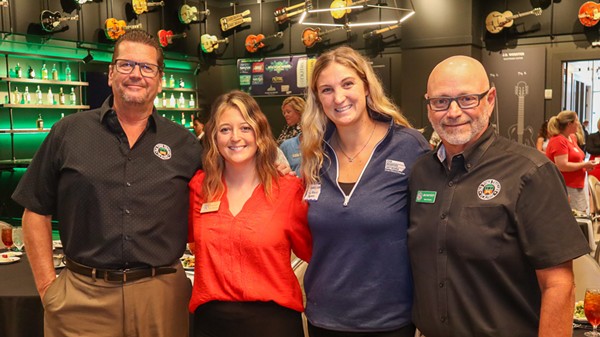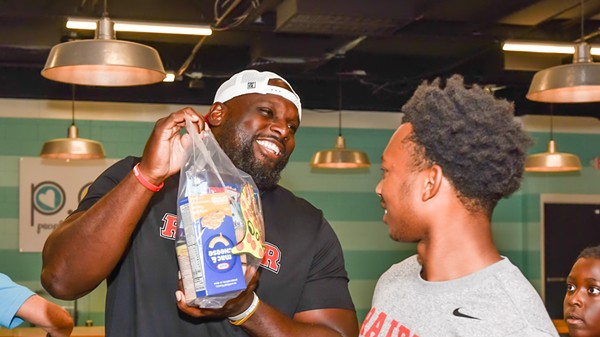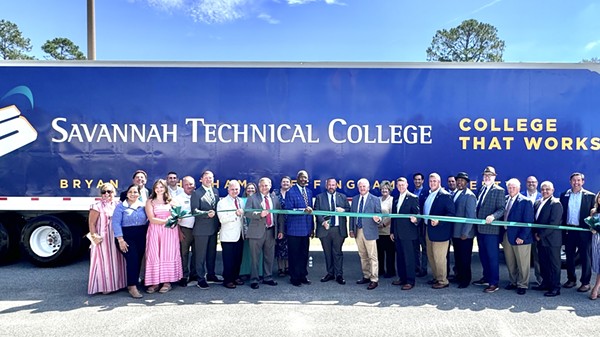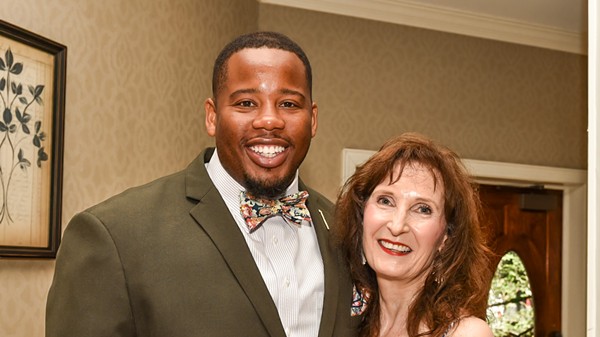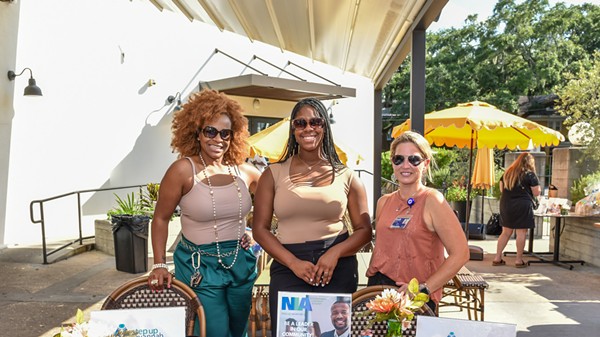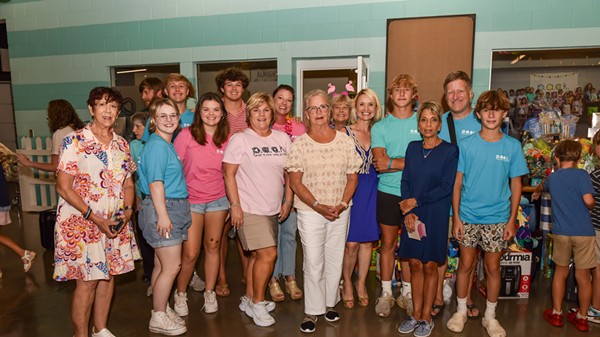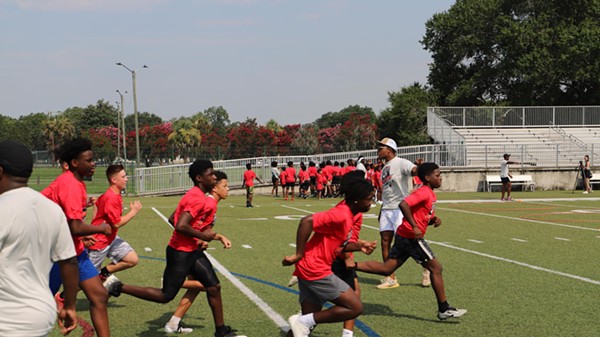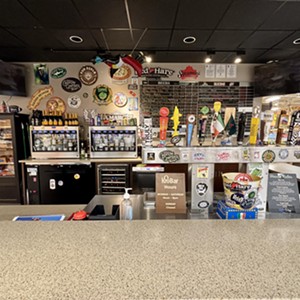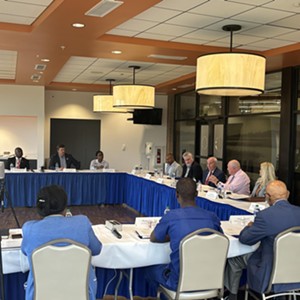It all began with a man named "Ellick."
Back in 2007, a question arose among council members as to whether the City of Savannah was directly involved in the institution of slavery.
In a hasty examination of archived City Council minutes, researchers found a deed that detailed the sale of Ellick by resident Sarah Cope to the City of Savannah.
The city paid $4,500 in Confederate cash (about $225 in U.S. dollars) for the enslaved man in July 1864, less than a year before the end of the Civil War.
While the documentation of Ellick’s existence proved that the city participated in the purchasing of enslaved people, it was only a peek into part of Savannah’s history that lay undiscovered in the dusty annals stored deep in City Hall.
“It was a quick and dirty process—we only had two weeks to put together our findings,” recalls Luciana Spracher, the director of the City’s research library and municipal archives since 2005.
“I knew that the information was there and that if someone who had the time to go through those records could take the lead, we could do much more.”
Spracher found that someone last fall in Lacy Brooks, who was earning her Masters’ in Public History from AASU. Brooks had studied Savannah’s yellow fever epidemic and the development of public health services in the South and was looking for an internship to fulfill the requirements of her graduate degree.
When Brooks approached Spracher, the city archivist showed her to the stacks with the directive to uncover more details about the city’s use of enslaved labor.
Brooks spent hours scouring council minutes and Treasurers’ records beginning from the city’s incorporation in 1790 to the end of slavery in 1865. Those old-fashioned ledgers, handwritten in spidery scrawl, revealed the first names of six more enslaved men approved for purchase by the City as well as six more men whose names were not recorded.
Several of those men—among them “Chance,” “Monday” and “Bob”—were bought to work in the city’s Scavenger Department and charged with keeping the streets free of debris and dead animals. Though nothing else about them is known, the fact of their presence is significant.
“Every name that we know is important,” says Spracher.
“These are forgotten City employees, and it’s important to give them as much recognition as possible.”
While there is no archeological evidence to support that these men lived on the grounds, maps unearthed by Brooks corroborate the existence of dwellings on the Scavenger’s Lot, near what is presently Garrison School.
Also included in Brooks’ project is the tale of the Antelope, a captured Portuguese ship full of slaves that happened upon the Savannah harbor in 1830. The “ownership” of many of these enslaved Africans was parceled among plantation owner John Morel and various other households, and Brooks turned up records showing that the City of Savannah took custody of 51 of these refugees “to pull weeds in the squares as well as leveling the fortifications.” Treasury records also noted that clothing and medical attention were also provided.
Brooks hypothesizes that perhaps the city became accustomed to using this “free labor,” and though there had been a decades-long practice of “renting out” other people’s slaves, council members became official participants in the slave trade with the purchase of Chance in May 1830.
She says her most startling discovery was the purchase of two men for the Water Works Department in 1861, at the height of the Civil War.
“It seems like that would have been quite a bold statement for that time,” she posits.
Brooks’ findings have been compiled in an online research tool on the City of Savannah’s website (savannahga.gov/slavery), which not only fulfills the requirements of her internship but avails the general public to a wealth of information about Savannah not previously accessible.
“What we have now is a series of primary documents available to anyone, any scholar, anywhere in the world,” she says.
Now that her project is complete, Brooks is interested in doing more research using resources like the Freedmen’s Bureau and Bank records to see if the names she found can be traced. She’s also curious about how the City adjusted to the end of slavery and whether documentation exists of municipal slavery in other cities like Charleston, New Orleans and Richmond.
“Savannah was not unique in that respect,” says Brooks. “We know that enslaved people were used in many places to build infrastructure.”
While the Municipal Slavery Project provides archival access for academic use, its revelations also offer opportunity to use the historical record to fill in the metanarrative of Savannah history.
Efforts by First African Baptist Church, the King-Tisdell Cottage and the Beach Institute have preserved many elements of post-antebellum African-American culture, but unless they make a special trip to these places, visitors to the Hostess City may not realize how slavery played a critical role in its development.
Spracher notes that she and Brooks have been deeply inspired by the Telfair Museums’ exhibit, Slavery and Freedom in Savannah, a project that also incorporated primary documents to put names with formerly faceless slaves. Many detailed records about how slaves lived and worked have been lost or were never kept, though preservation of the remaining evidence is trending.
The City’s archival projects, in addition to the recent opening of the Butler’s Pantry at the Owens-Thomas House, serve to cleave Savannah’s slave history to its mainstream image of grand architecture and floral serenity.
“This is a very beautiful city, and tourists come here to see and learn,” considers Spracher.
“Maybe this will help them get a more complete story.”

